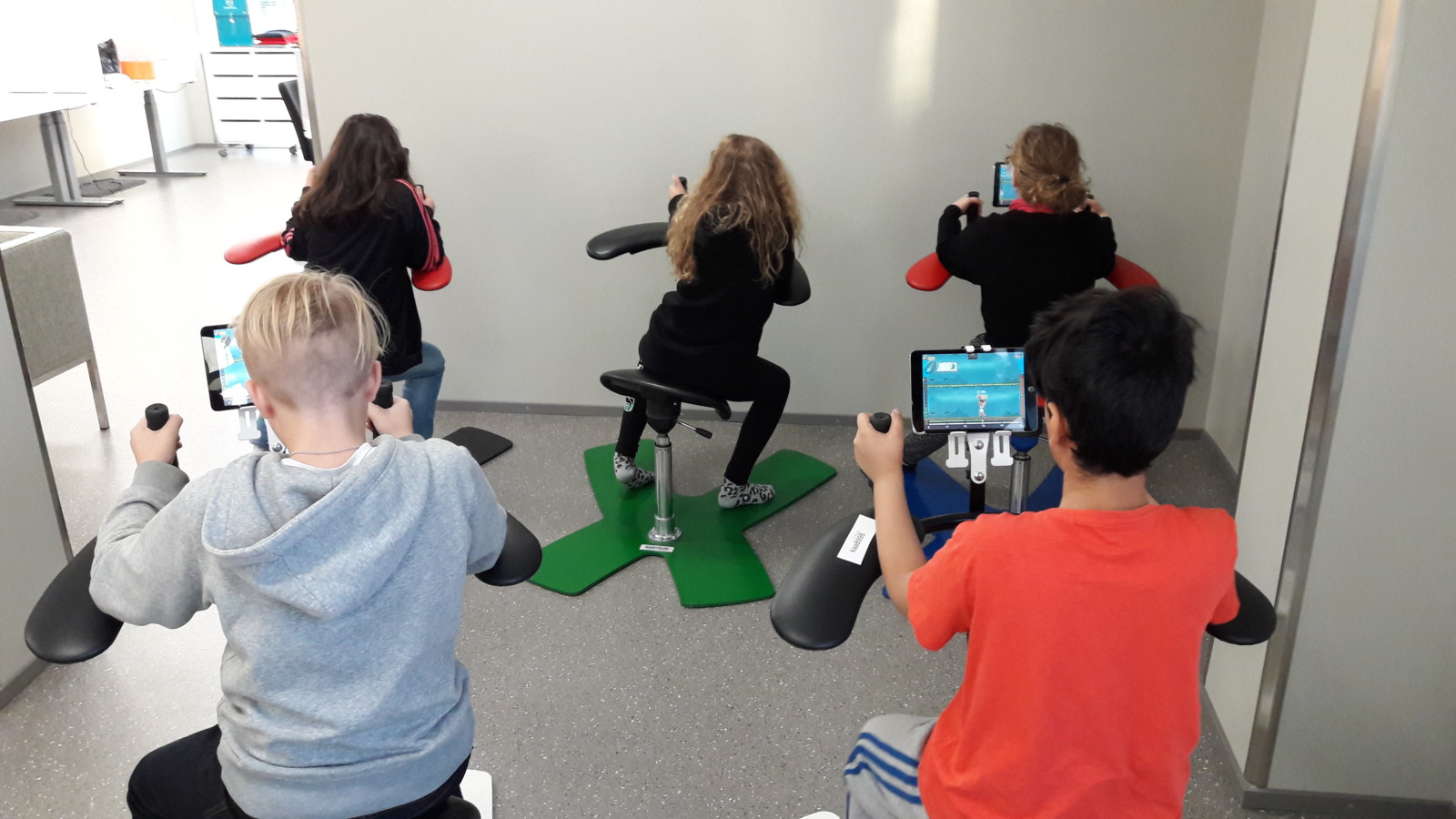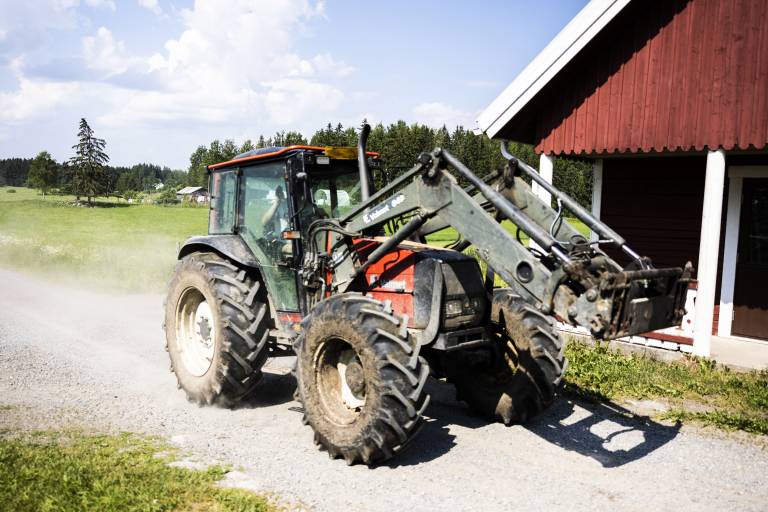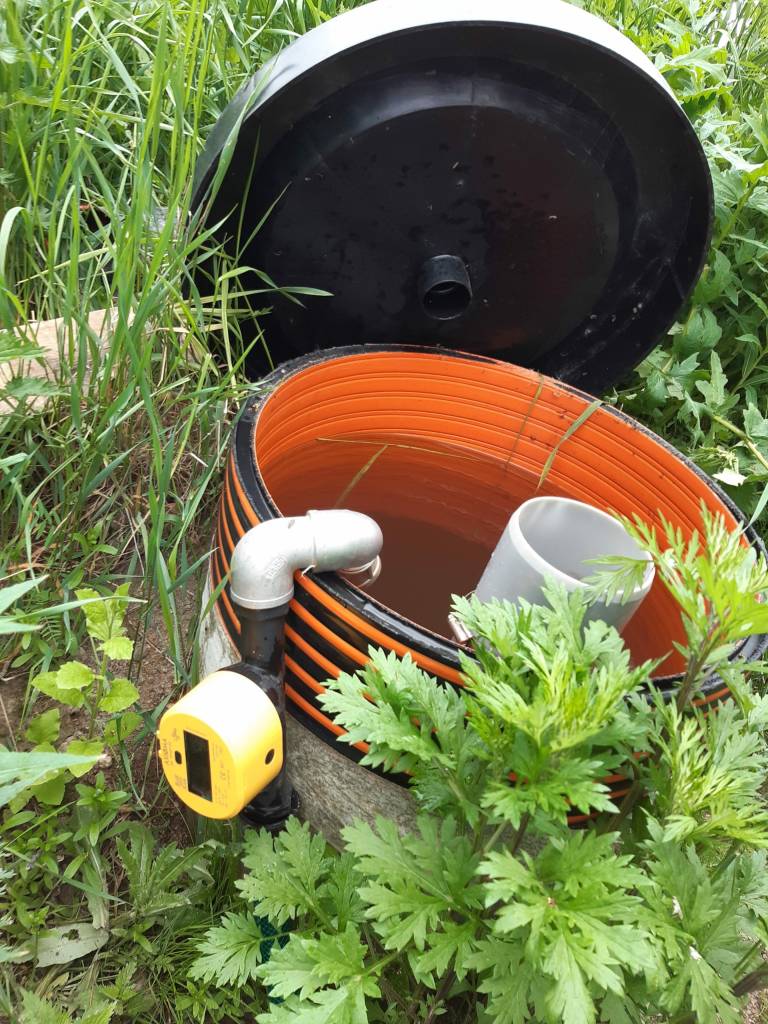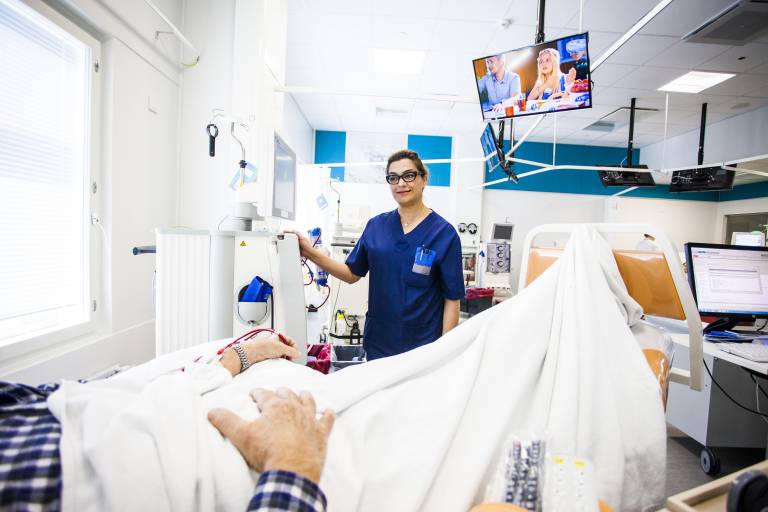As the year changed, TUT Game Lab’s Games to Schools -project funded by Academy of Finland was finished. The primary purpose of that project was to study the learning effectiveness of digital math games, identify design principles for game-based learning solutions as well as to explore ways to implement learning analytics and physical activities to math games. Next I will shortly highlight some outcomes of the project.

Can we use games for assessment purposes?
One of the main outcomes of the project is the Semideus School math game that we have used in several research contexts – the game played a significant role in 13 scientific publications and opened up fruitful collaboration with international partners. During the project we studied the usefulness of several different user interface solutions and ways to map educational theories to the game mechanics. The most challenging aspect of our project was to validate the Semideus School game with respect to learning assessment. After several iterations we managed to validate the game as an assessment tool. Our results indicated that hallmark effects of rational number magnitude processing typically observed in basic numerical cognition research, such as the numerical distance effect and whole number bias, were successfully replicated in game-based assessment context. More importantly, the results revealed that game-based assessment lowered test anxiety and increased engagement which is likely to decrease assessment bias caused by test anxiety. In addition, the results showed that earlier playing experience and gender did not influence the game-based test score suggesting fairness of the game-based assessment approach. In line with this, over 80% of the students reported that they would like to complete a game-based math test instead of a traditional paper-based math test. To conclude, game-based assessment seems very promising educational approach that can be used in both formative and summative assessment contexts.
Are game-based learning solutions useful?
After the validation phase we conducted several studies to investigate the learning effectiveness of the Semideus game. As a summary, the studies showed that players’ rational number understanding increased significantly even in informal competitive contexts. In addition to significant learning gains we managed to collect great impact stories. For example, one student told us that after the game competition he got his very first 9 from a math test. In fact, the two large scale math game competitions were success stories. It is very promising that intrinsically motivating factors such as enjoyment and perceived learning gains rather than success in the competition predicted students’ willingness to participate in math game competitions again. Most of the teachers also appreciated the math games and the game competitions. The interviews revealed that especially the learning analytics dashboard increased the usefulness of the games a lot.
Can we utilize flow theory in game-based learning?
As a part of the project we conducted also a systematic literature review about flow experience in game-based learning. The review revealed that the prior literature has focused mainly on conceptual considerations about flow in game-based learning, but no robust empirical evidence about the meaning of flow in game-based learning exists. Our project contributed to this research gap and flow research in several ways. First, the results indicated that flow had a significant positive relation with the game performance. This is to say, that it is possible to increase learning outcomes by designing games that facilitate flow experience. Second, our results indicated that technology acceptance measures such as perceived usefulness and perceived ease of use predicted both flow experience (quality of the playing experience) and learning success. Third, we created a flow framework for analyzing the quality of educational games and demonstrated how flow theory can be used as a design framework.
What next?
Although the official funding period of the Games to Schools –project ended we still continue to report results of the project. For, example we have just collected large data set for evaluating the usefulness of three different user interface solutions of the Semideus game from which one is physically activating. Moreover, we still have two ongoing projects that will utilize math games that are based on the Semideus School game. Our overall aim of the year 2018 is to distribute our math games to daily school practices at large scale and collect huge data sets at the same time. The math game competitions that we organized in 2017 facilitated the distribution of the games, but the challenge is to find even better distribution methods. Maybe, community based challenges might work for us. We will see.
Kristian Kiili





